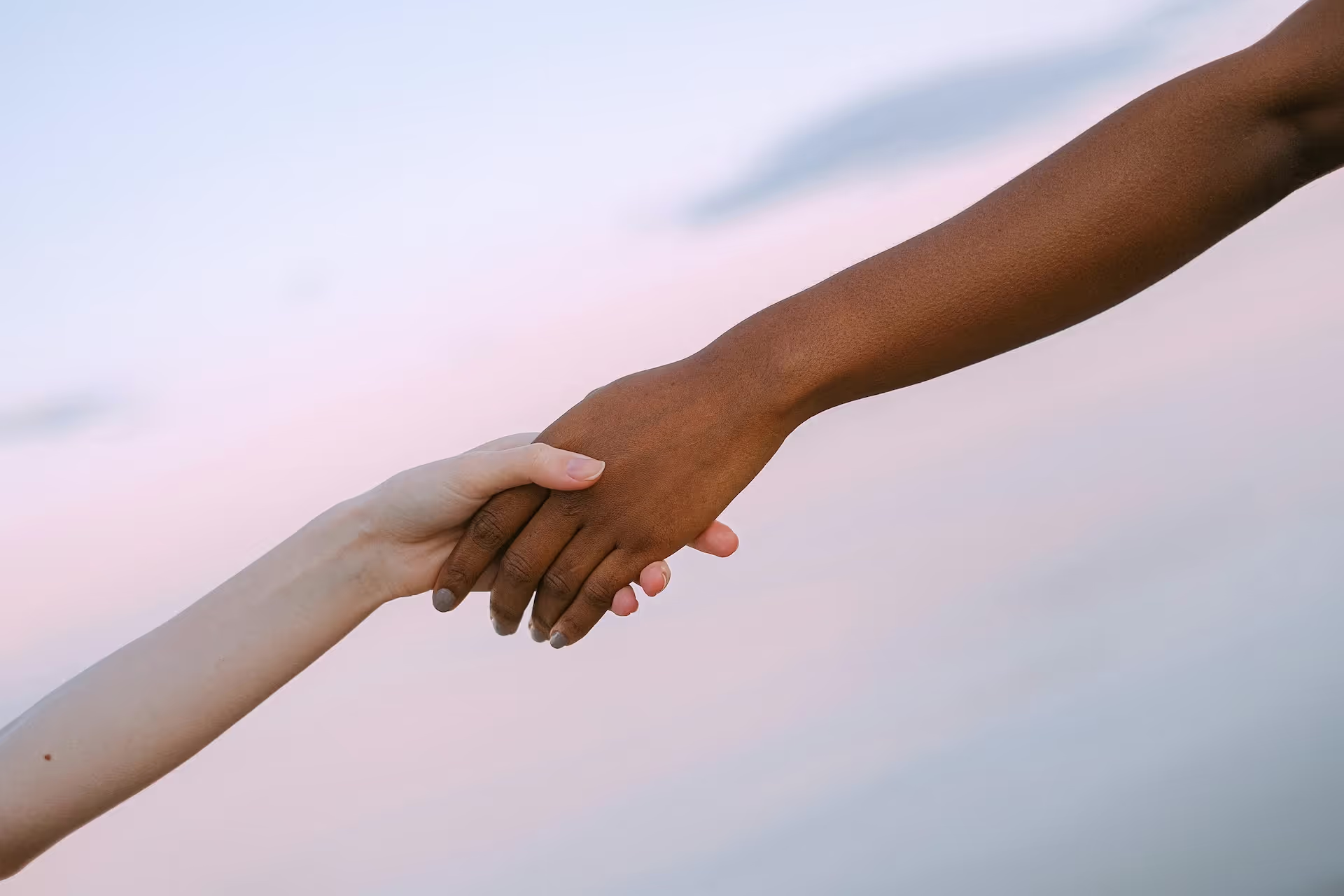Sexual violence is any type of unwanted sexual contact that happens against a person’s will and without their consent.1 People of all backgrounds, including across age, race/ethnicity, gender, sexuality, religion, and ability, can be victims of sexual violence.
However, a majority of people who have experienced sexual assault identify as female and are under the age of 18.2 Further, research suggests that some groups, including multiracial and American Indian/Alaska Native women, people with low income, and the LGBTQ+ community, are at higher risk.3,4
Sexual assault survivors have a range of needs that can span medical, mental health, legal, and housing services. In this post, we focus on mental health supports for survivors.
Types of Mental Health Supports for Survivors
If you are a survivor, it’s important to know that every person has a unique response to sexual assault. While some survivors experience very little emotional distress, others may struggle with significant mental health symptoms across their life.3,5 Further, survivors’ needs change over time as they move through the healing process.
Regardless of what you’re experiencing right now, it helps to know about the mental health supports described below.
Text, Chat, and Helpline Services for Sexual Assault Support
These services offer an immediate, confidential, and free connection with someone who is trained in supporting sexual assault survivors. Many helplines, such as the National Sexual Assault Hotline (800-656-4673), are available 24/7.
Some survivors experience shame and stigma that makes it hard to use mental health supports that aren’t completely anonymous. For this reason, hotlines can be a more easily accessible first step in getting help. Hotlines offer crisis support, validation, advice, and information about local resources (e.g., crisis centers near you, free legal support). You get to decide if and when to use these resources.
Individual Therapy
Therapy is offered by licensed mental health professionals such as counselors, social workers, and psychologists. Regardless of whether the sexual assault happened 1 month or 10 years ago, your therapist will work with you on processing your trauma and learning strategies for reducing the impact of trauma on your life. You will usually need to pay a session fee or use your insurance to access these services.
If therapy feels like a good fit for you, explore our resources Education Hub to find articles on how to make the process easier.
Advocacy Services
Like therapists, advocates provide one-on-one support and guidance. However, advocates are more focused on helping you with practical coping strategies, crisis support, and navigating the various systems serving survivors (e.g., they can go with you to the hospital, police station, or court).
They may also help you find a therapist if they think you would benefit from additional mental health support. Advocates are more likely to be free to work with and are offered by local organizations supporting survivors.
Support Groups
Support groups bring together people who have experienced sexual assault. These groups provide opportunities to learn from others, share coping strategies, and feel empowered. Support groups can also make you feel less isolated by providing a safe space to openly talk to others you can relate to.
Groups are run by trained advocates, therapists, or peers counselors. Further, some organizations offer support groups for people with specific identities or experiences such as female-identifying survivors, adult survivors of childhood abuse, and the LGBTQ+ community.
Affordable Mental Health Resources for Survivors
Below, we list free or low cost mental health supports for sexual assault survivors. Many of the organizations providing these supports focus on working with people who have lower incomes and/or people of color.
National:
- National Sexual Assault Hotline
- Darkness to Light
- Department of Defense Safe Helpline & Helproom
- LoveIsRespect
- Male Survivor
- National Human Trafficking Hotline
- StrongHearts Native HelpLine
- The Network La Red
- The Northwest Network of Bi, Trans, Lesbian & Gay Survivors of Abuse
- Thursday’s Child National Youth Advocacy Hotline
New York City:
- Arab-American Family Support Center
- Garden of Hope
- Korean American Family Service Center
- The New York City Anti-Violence Project
- Sakhi for South Asian Women
- Shalom Task Force
- Violence Intervention Program
- Voces Latinas
- WOMANKIND
Bookmark this page to get more information and find new resources as we continue to update it. You can also search Healwise's platform of affordable mental health services for additional free or low-cost mental health supports near you.

.avif)

.avif)
.avif)